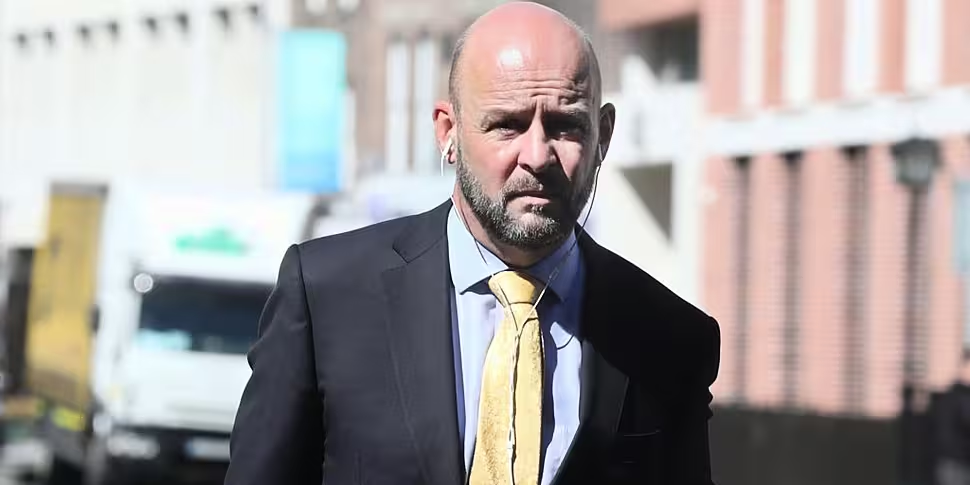A local lockdown is not the first course of action for the five counties being monitored closely by public health officials.
Dublin, Limerick, Tipperary, Carlow and Wexford have all recorded high incidence rates of COVID-19 in the past two weeks.
However Professor Philip Nolan, chair of the NPHET Irish Epidemiological Modelling Advisory Group, says a local lockdown is not the first course of action that would be taken.
It comes as residents in Kildare enter their first day out of lockdown after more than three weeks.
He told Shane Coleman on Newstalk Breakfast just because there may be a lot of cases, does not mean additional restrictions are needed.
"They're all different, lets take Tipperary as an example.
"The incidence is high, but it's confined to a very small number of well controlled and unconnected outbreaks.
"In Kildare we faced a different challenge: the incidence was high and it was connected to a large number of connected outbreaks.
"So we were seeing what we call secondary spread and connections between the outbreaks, so we had a problem outside the outbreak setting.
"But what I would say is these counties are each different from each other, you don't just look at a single figure like the incidence per 100,000 people: you look at the pattern of the disease, the nature of the outbreak, how much you know about transmission and how much you don't know.
"And it's in particular where you don't know and can't track the cases that you've got a problem.
"I think the deeper message here, and the deeper message is to everybody in the country, that right now this epidemic is either very, very stable or growing slowly".
He said efforts are needed "to get the disease back under control".
"The thing that allows us to do all of the things that we still can do - go to school, go to restaurants albeit in small groups - is that outside those settings we're keeping our social bubble small and are being really, really careful".
But he said a local lockdown is not the first or second step taken by NPHET.
"The first step we take is to manage the outbreaks and say to the public more widely in an area or a county 'you really need to be careful over the coming weeks not to give this virus any opportunity to spread'.
"And when a county hears that message, we'd ask the whole country to hear the message at the same time".









